Borrell: US must rejoin Iran nuclear deal as landmark of successful diplomacy
EU foreign policy chief, Josep Borrell, has said the United States needs to rejoin the Joint Comprehensive Plan of Action - Iran's nuclear deal - commending the multilateral agreement for perfectly exemplifying a successful diplomatic strategy.
The European official also called for Iran to resume its full compliance with the nuclear accord.
"We need to find a way for the US to rejoin the Iran nuclear deal, and for Iran to come back into full compliance. The nuclear deal is still assessed as a landmark of successful diplomacy ... We are proud of it as the biggest success of our diplomatic capacity," Borrell told a GLOBSEC webinar on Tuesday.
Also recently, the European Parliament and the European Council issued a joint communication titled ‘A new EU-US agenda for global change’ in which they underlined the significance of the European Union and the United States working together to revive what they called “a key pillar of non-proliferation” mechanism in the world.
“The EU and the US need to join forces again to preserve the Joint Comprehensive Plan of Action, or Iran nuclear deal, as endorsed by the United Nations Security Council in 20151,” read the joint communication.
“It is a key pillar of the global non-proliferation architecture and we need to work together to further its achievements,” the document added in reference to Iran’s nuclear deal.
Meanwhile, the United Kingdom, France and Germany once again voiced their support for the 2015 Iran nuclear deal as a “key achievement” of international diplomacy, welcoming statements by the US president-elect concerning a return to the multilateral agreement.
The statement, released on Monday, claimed that London, Paris and Berlin had “worked tirelessly” to preserve the Joint Comprehensive Plan of Action (JCPOA), calling it “a key achievement of multilateral diplomacy and the global non-proliferation architecture.”
“We negotiated the JCPOA with the conviction that it would decisively contribute to building confidence in the exclusively peaceful nature of Iran’s nuclear program, as well as to international peace and security. It remains the best, and currently the only, way to monitor Iran’s nuclear program,” it added.
The countries also welcomed the statements by US president-elect Joe Biden concerning re-entering the nuclear deal with Iran and pursue a diplomatic path, saying, “This is in all our interests.”
In May 2018, US President Donald Trump withdrew Washington from the JCPOA, and since then, he has been piling sanctions on Iran as part of his administration’s so-called maximum pressure campaign.
In response to the US’s unilateral move and Europe’s failure to help Iran take advantage of economic benefits of the deal, Tehran rowed back on its nuclear commitments five times in compliance with Articles 26 and 36 of the JCPOA.
As the Europeans continued to fail to put their verbal support for the deal into action, the Iranian Parliament (Majlis) passed a law last week to protect Iran’s interests against the Western sanctions.
Under the law, the Tehran administration is required to halt UN inspections of its nuclear sites and step up uranium enrichment beyond the limit set under Tehran’s 2015 nuclear deal if sanctions are not eased in two months.
The Islamic Republic has, however, stressed that its retaliatory measures will be reversible as soon as Europe finds practical ways to shield the mutual trade from the US sanctions or if the US decides to return to the JCPOA unconditionally and compensate for the economic losses Tehran suffered due to its abrupt pullout.
In the statement, the European trio voiced “great concerns” over the new Iranian law, urging Tehran not to implement it.
The new measures, they added, “would jeopardize our shared efforts to preserve the JCPOA and risks compromising the important opportunity for a return to diplomacy with the incoming US administration.”
In an interview with New York Times columnist Thomas Friedman, published last week, Biden said his incoming administration would seek a return to Iran nuclear deal ahead of broader negotiations over other issues with Tehran.
However, Iranian Foreign Minister Mohammad Javad Zarif has underlined that the 2015 nuclear deal with world powers is not open to renegotiation, and that the US has to observe the agreement and the UN resolution that endorses it.
The deal “will never be renegotiated, period,” Zarif said on December 3, addressing the 6th edition of the Rome Mediterranean Dialogues 2020.
VIDEO | Gaza marks calendar year of tragedies and horrors
Graffiti on the ruins: Lebanese activists turn Dahiyeh into a canvas of resilience
VIDEO | Yemeni forces target Israeli Ben Gurion Airport, US aircraft carrier
Iran rejects ‘unfounded’ US, British claims about involvement in Red Sea tensions
Hezbollah asserts full operational readiness, vows massive retaliation for Israeli violations
Dec. 30: ‘Axis of Resistance’ operations against Israeli occupation
UN says Israel ‘systematically hinders’ Gaza access as ICRC warns healthcare ‘obliterated’
Yemeni missiles penetrate airspace of Israeli-occupied territories ‘undetected’: Ansarullah





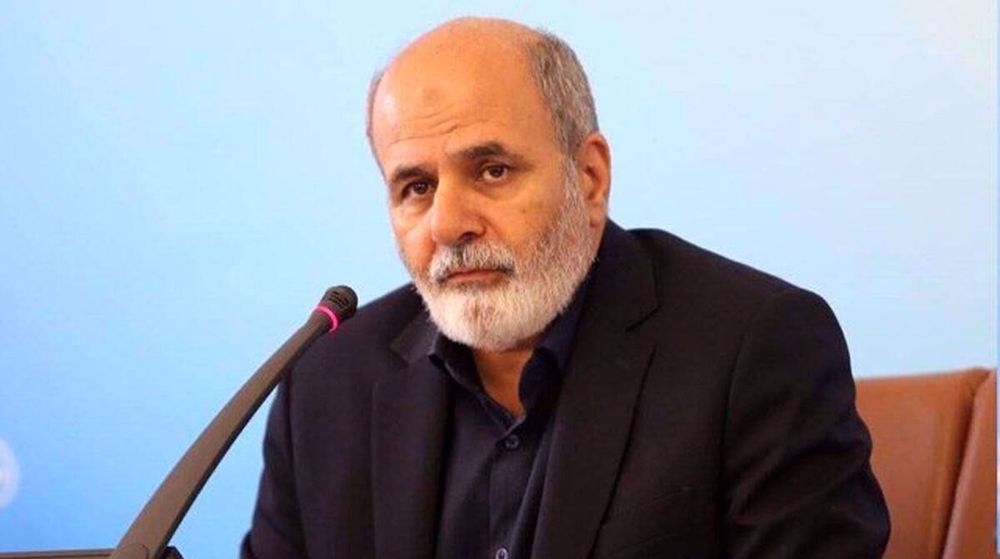
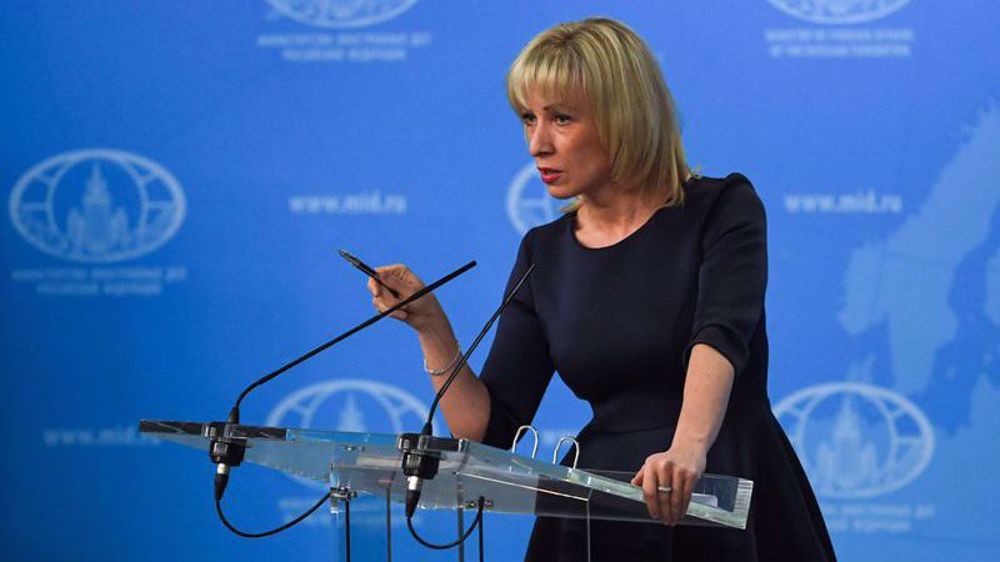
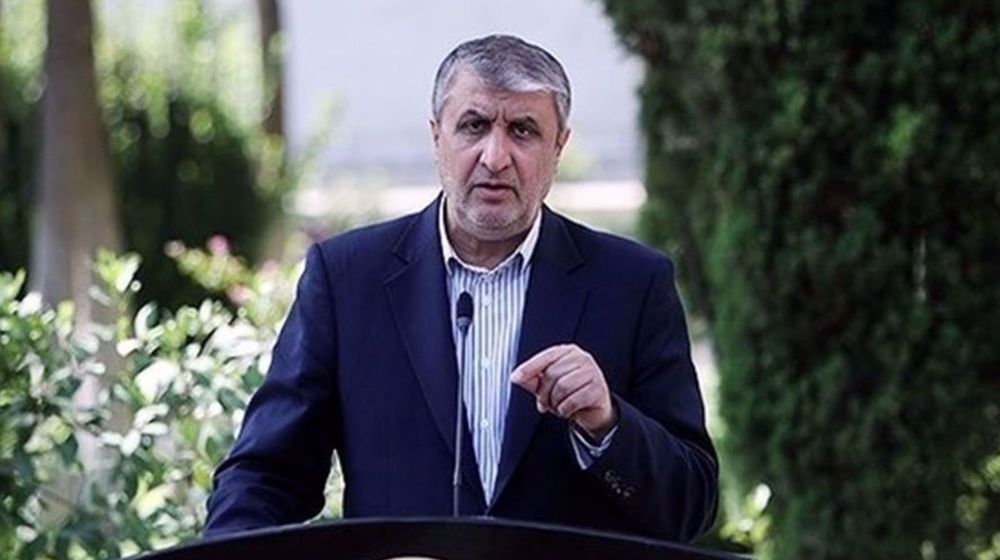







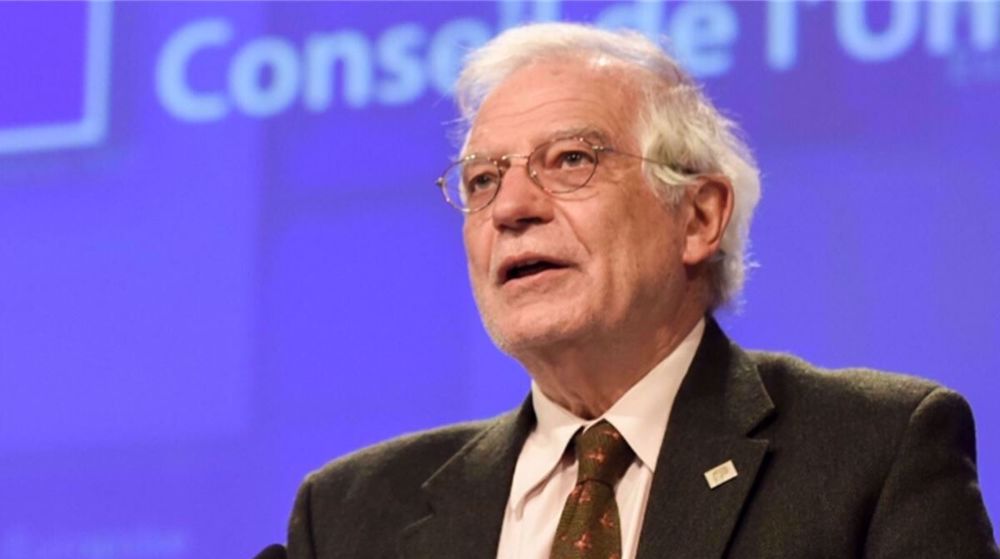
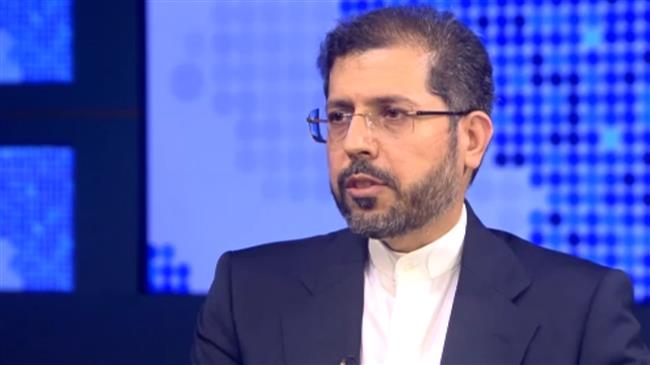

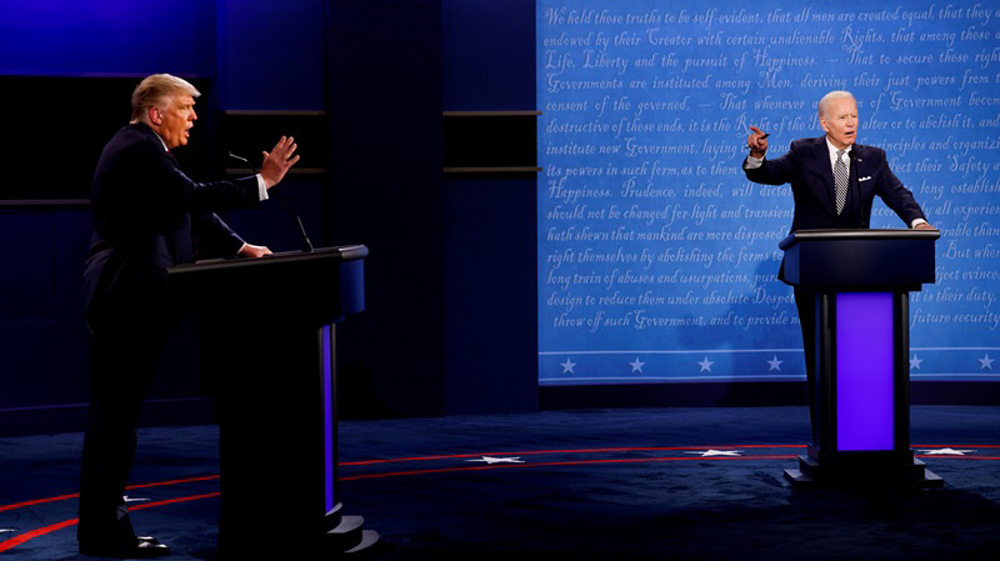



 This makes it easy to access the Press TV website
This makes it easy to access the Press TV website